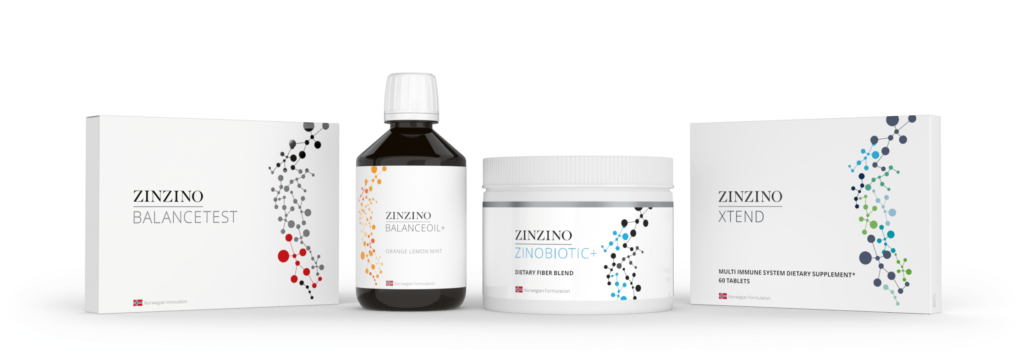Inflammation is your body’s natural response to injury or infection. While short-term inflammation is essential for healing, chronic inflammation can wreak havoc on your health. Your gut, a complex ecosystem of bacteria, plays a pivotal role in this process.
The Gut-Inflammation Axis
The gut is often referred to as the body’s “second brain”. It’s home to trillions of microorganisms that influence digestion, immunity, and even mood. When this delicate balance is disrupted, it can lead to:
- Leaky Gut: Inflammation can damage the intestinal lining, allowing toxins and undigested food particles to seep into the bloodstream. This triggers an immune response and contributes to chronic inflammation.
- Gut Dysbiosis: An imbalance of gut bacteria (dysbiosis) can create a breeding ground for inflammation. Certain harmful bacteria can produce compounds that promote inflammation.
How Inflammation Impacts Your Body
Chronic gut inflammation can have far-reaching effects on your overall health. Conditions linked to gut inflammation include:
- Autoimmune diseases: Inflammatory bowel disease (Crohn’s disease and ulcerative colitis), rheumatoid arthritis, and type 1 diabetes.
- Metabolic disorders: Obesity, type 2 diabetes, and metabolic syndrome.
- Heart disease: Inflammation contributes to the development of atherosclerosis, a condition where plaque builds up in arteries.
- Brain health: Emerging research suggests a link between gut inflammation and conditions like depression and Alzheimer’s disease.
Diet: Fuelling or Fighting Inflammation
Your diet is a powerful tool in managing inflammation.
- Pro-inflammatory Foods:
- Processed foods: Packed with unhealthy fats, added sugars, and refined grains.
- Red meat: High in saturated fat, which can contribute to inflammation.
- Refined carbohydrates: Found in white bread, pasta, and sugary drinks, they lead to blood sugar spikes.
- Omega-6 fatty acids: While essential, excessive intake can promote inflammation. Found in vegetable oils like corn, soybean, and sunflower oil.
- Anti-inflammatory Foods:
- Fatty fish: Rich in omega-3 fatty acids, which have potent anti-inflammatory properties.
- Olive oil: Contains monounsaturated fats and antioxidants that help reduce inflammation.
- Leafy green vegetables: Packed with antioxidants and vitamins that protect cells from damage.
- Berries: High in antioxidants and fibre, supporting gut health.
- Turmeric: Contains curcumin, a compound with powerful anti-inflammatory properties.
- Garlic and onions: Rich in sulfur compounds with anti-inflammatory effects.
Beyond Diet: Lifestyle Factors
While diet is crucial, other lifestyle factors influence inflammation:
- Stress management: Chronic stress can increase inflammation. Practices like meditation, yoga, and deep breathing can help.
- Adequate sleep: Sleep deprivation is linked to increased inflammation. Aim for 7-9 hours of quality sleep per night.
- Regular exercise: Physical activity helps reduce inflammation and improves overall health.
- Probiotics and prebiotics: Supporting your gut microbiome with probiotics (beneficial bacteria) and prebiotics (food for bacteria) can help reduce inflammation.
Personalised Nutrition for Optimal Gut Health
Everyone’s gut is unique. Personalised nutrition approaches can help identify foods that trigger inflammation in your body. Consulting a healthcare professional or registered dietitian can provide tailored guidance.
Learn More… Home Health Tests. Personalise your way to better health with confidential, at home health tests. Find out your current health status with our dried blood spot tests.


